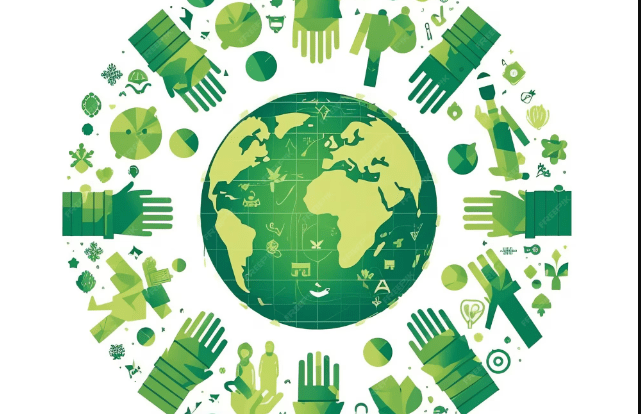The European Union has advanced the development of the circular economy through the Ecodesign Regulation for sustainable products, and waste legislation (including the Packaging and Waste Regulation and the End-of-Life Vehicles Directive).
It has also issued a regulation on batteries.
To note: the circular economy is an alternative economic model to the traditional linear model of «extract, make, use and dispose».
According to information from the World Trade Organization (WTO), the EU measures aim to improve product design to avoid the use of chemicals or hazardous materials, reduce the environmental impact of a product from its conception, among other issues.
The recently agreed Ecodesign Regulation for sustainable products extends the scope of the former Ecodesign Directive to cover most end-use and intermediate products, and introduces provisions aimed at extending the life cycle of products, such as product repairability, durability and availability of spare parts, among other things.
Circular economy
The European Union aims to reduce waste generation and reintegrate secondary raw materials into the economy. It also promotes recycling and the adoption of extended producer responsibility systems.
The new Regulation on Batteries and Accumulators, replacing the previous Directive, will make batteries more sustainable and circular in the EU market.
This regulation focuses on ensuring sustainability throughout the entire life cycle of batteries and accumulators, from supply to recycling.
It introduces progressive sustainability requirements, higher collection targets, and mandatory recycling. More detailed regulations are set to be adopted between 2024 and 2028.
Risks
In Switzerland, regulations have been established for the recycling of plastics, particularly in beverage bottles made from polyethylene terephthalate (PET). These include the Environmental Protection Act and the Ordinance on Beverage Containers.
Additionally, a chemical hazard reduction order is in effect. A national recycling system for PET containers, as well as aluminum and glass beverage bottles, has been created by federal regulation. A minimum recycling threshold is enforced, and a bond is applied only if this threshold is not met.
Waste bottles that cannot be recycled are incinerated to generate electricity and heat.
For electrical and electronic equipment, the purchase price includes an anticipated recycling contribution.

